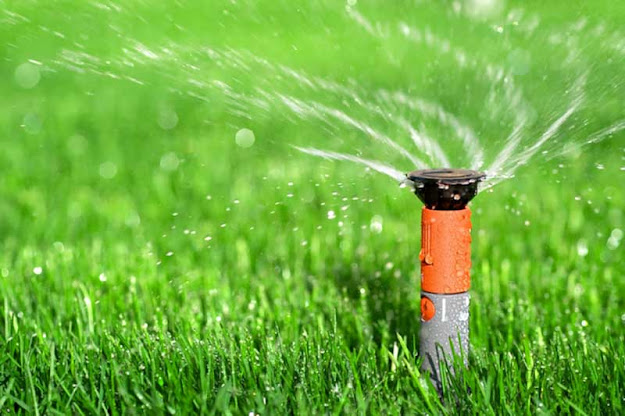Summer Lawn Care: How to Keep Your Grass Green
It's getting hot out there. And while you might love basking in the summer sun, it can be rough on your grass. So just as you layer on sunscreen before heading out on a sunny day, you must consider summer lawn care so that your grass can stay green all summer long. When the sun grows fiery and passionate in June, July, and August, it beams down sunlight that is both beneficial and harmful to plants. As the days grow longer and hotter, watch out for your grass. We've got just the tips you need to keep your lawn bright, beautiful, and nourished.
To begin, you should fertilize your grass. Using a plant food made especially for grass (which means it should be high in nitrogen, which promotes growth and greenness) and a spreader for proper distribution, fertilize your lawn. For best results, wait until the grass is dry and mowed. You want the fertilizer to sink into the ground (if it sticks to the wet blades, it might burn them). When you pour the fertilizer into the spreader, do it over the driveway, sidewalk, or street in case of a spill. Then, set the spreader gauge on a low setting and start fertilizing. You'll need to go over the lawn a few times and overlap paths as you walk to prevent streaks. When you're finished, water the grass. That's it! Easy enough, right? Just remember that due to the fertilization, your lawn will grow faster, so if you despise mowing, limit fertilizing to a couple of times each summer. That's all the fertilization your grass needs for great summer lawn care.
Next, as the sun beats down and dries out your grass, watering is vital. The amount that you water all depends on your area's climate. Use your judgment: if you're in the middle of a drought, go heavy on the watering, but if you've had a lot of rainstorms lately, lay off it.
If you want to give your grass the best watering possible, start early in the morning. 5 AM is the optimal time to water because it allows the grass to dry by nighttime (when fungi are most active). Plus, you won't be using water at the peak usage times each day (and thus, won't affect your community's water supply). You should also do fewer, heavier waterings rather than light, frequent waterings. Deep soaks make the roots grow longer and healthier, while light waterings keep roots near the surface. Those deep roots can protect the grass in a drought.
If you put in a little time and effort, summer lawn care can be simple. Water, fertilize and mow to keep your grass green, hydrated, and healthy.



评论
发表评论